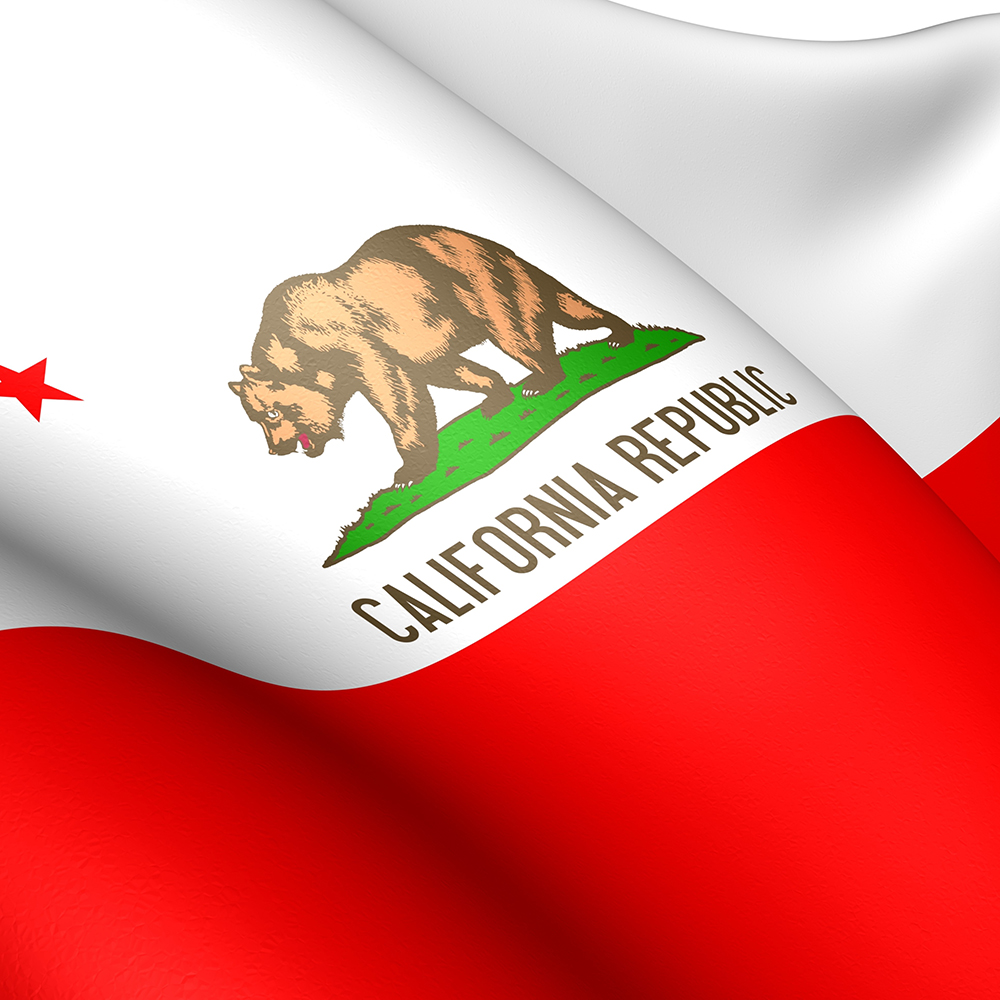That’s the fear, as the Sacramento Bee this week reported, in recent filings by state officials in anticipation of a November bond offering.
Given that the IRS extended the deadline to file income taxes twice this year due to natural disasters (first to October 16, then again to Nov. 16), it’s unclear just how bad the collection of state tax receipts will be this year. Typically, most of the money comes in April, or when quarterly tax filers send in their tax payments throughout the year.
Despite this, state officials note in their bond filing that “the cash receipts through October 25, 2023 indicate an increasing likelihood that actual cash receipts . . . will be significantly below the 2023 Budget Act forecast.”
Noting that the 2023-24 state budget “is based on a scenario that assumes continued but slowing economic growth and does not assume a recession,” the state forecasts that a minor recession could lead to more than a $20 billion revenue loss over what is forecast in the budget act and a moderate recession could lead to a greater than $40 billion decline that could last through the 2026-27 fiscal year.
So has California entered a recession or is likely to enter one soon?
The nonpartisan Legislative Analyst’s office think we may have been in one starting last fall, but it’s unclear where we’re at today. In a recent publication, the Analyst’s office wrote that “economic data for the fourth quarter of 2022 and first quarter of 2023 appear consistent with California experiencing a mild recession.” They cite trends including falling income and employment levels and rising state unemployment rates that are consistent with past recessions.
Cautioning lawmakers, the Analyst’s office notes that “the threat that the recent slowdown could persist, or even deepen, will continue to be a significant risk to the state’s fiscal picture for the foreseeable future.”
Other economists say California’s soft economy persists but don’t believe the state is in a recession.
Earlier this month, the latest UCLA Anderson economic forecast noted that “the state’s economy keeps chugging along, thanks in part to consumers who want to spend and stimulative fiscal policy” . . . and “sees no recession (for California) in the near term.”
To the contrary, a group of economists from Cal State Fullerton recently predicted that a recession will likely hit Southern California and the rest of the U.S. by the second half of 2024, which they say will be a “normal” or “garden variety” recession. One economist said, “cracks are already starting to appear underneath all the good headline numbers” while another said, “things are starting to shift.”
For his part, Gov. Newsom channeled his inner Jerry Brown and vetoed several measures this year that would add to the deficit. Noting that lawmakers sent him bills that would collectively “add nearly $19 billion of unaccounted costs in the budget,” Newsom vetoed many bills in the name of “our state facing continuing economic risk and revenue uncertainty.”
We’ll get a more official view of where things stand in mid-November when the Legislative Analyst’s office releases its fiscal outlook for the year ahead, officially kicking off the state budget debate. Regardless of how good or bad the late tax receipts are for the state, California’s status either in or on the brink of recession foreshadows a disciplined January budget proposal from Newsom, and grumpy liberal lawmakers having to face the reality that they’ll have to set aside some of the billions of dollars in new spending they’ve added in recent years to balance the budget.
Tim Anaya is the Pacific Research Institute’s vice president of marketing and communications.


